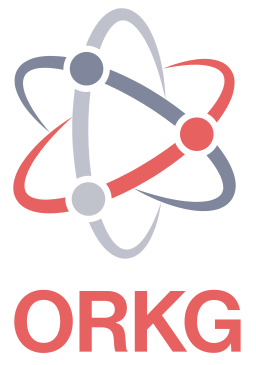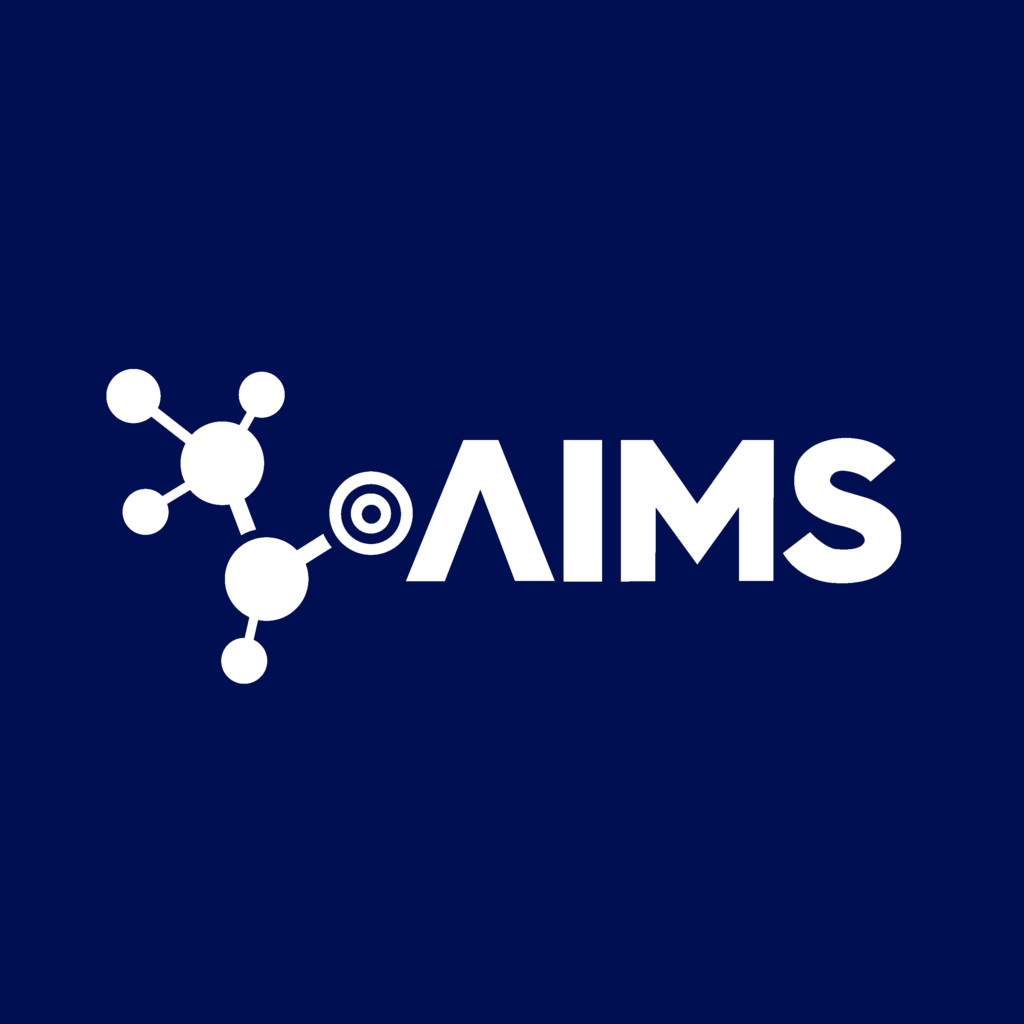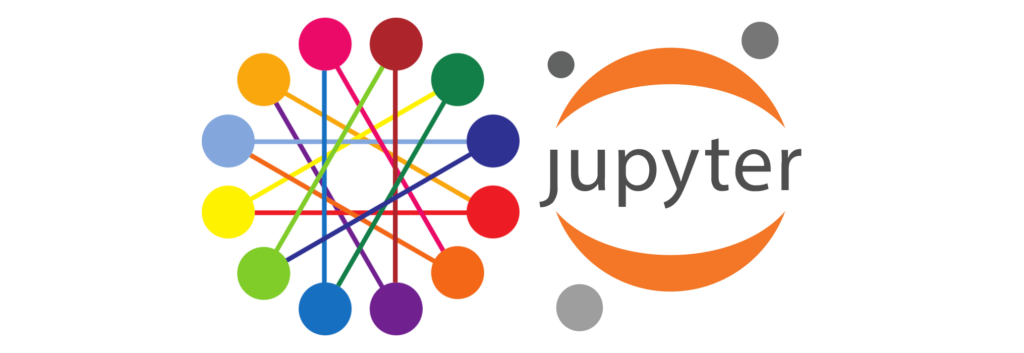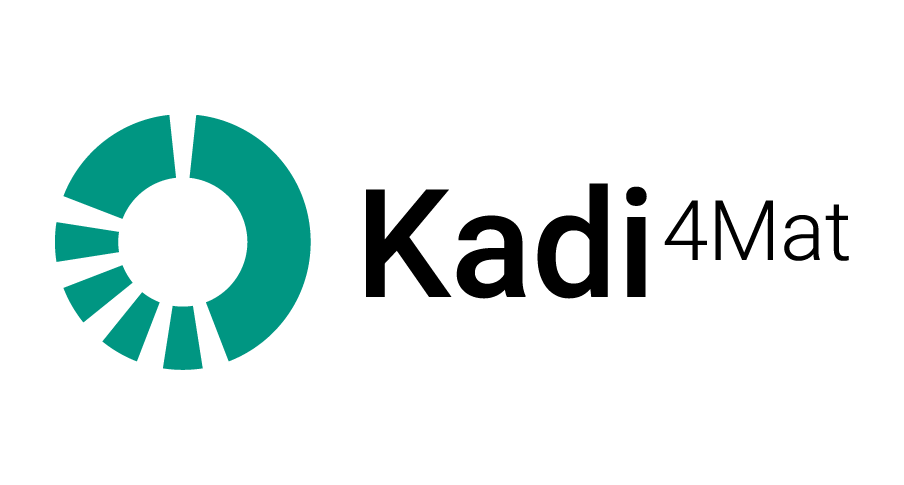
NFDI4ING Terminology Service
The NFDI4ING Terminology Service bundles and standardises access to existing terminologies and semantic models for research data management purposes. They form the basis for clear and meaningful communication between producers and users of research data for their subsequent use in innovative research. Clear communication is a basic prerequisite for innovative research, especially in areas such as the highly complex engineering sciences.




